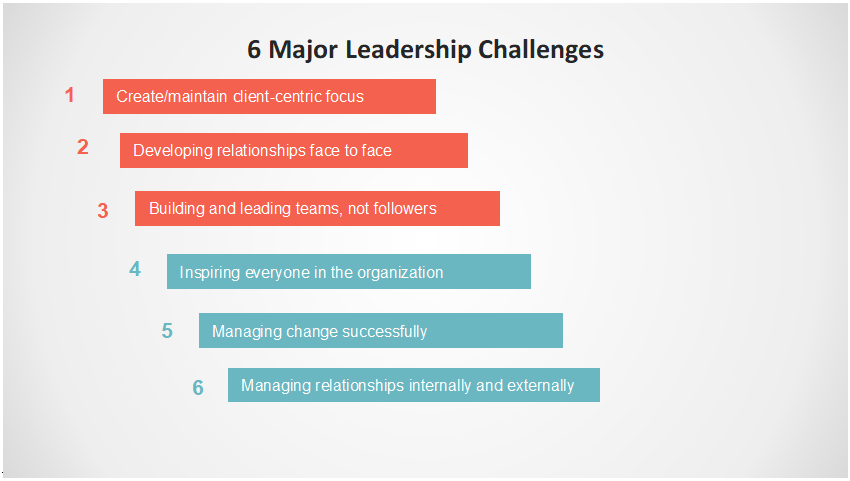
Stories Talk | Presentation Skills and Effective Storytelling
Stories Talk | Presentation Skills and Effective Storytelling
During our careers it’s very possible to assume a leadership role. As a matter of fact, for many people this is the ultimate goal, but the question is are we ready to face the challenges along the way…
By Mia Kollia
Translated by Alexandros Theodoropoulos
When we are given a leadership or management role, we may feel unprepared for it at first - our previous colleagues now see us as 'the boss' and look to us for guidance. Sometimes they may also not accept us.
But let's start by admitting the given circumstances: No one was a manager before being a manager. This position of responsibility is developed primarily through practice. We overcome challenges and become good leaders with support, guidance from someone at an even higher level and with lots of work
So let's see, what are some common challenges we usually face and what is the best way to manage them:
Teams and colleagues expect from a leader to provide inspiration and motivation for the completion of projects. To inspire others, we need to help them focus on the value their work creates. We share our vision with the team and make sure each team member understands how their contribution can make a difference.
Helping our team find purpose in what they do is critical to employee engagement. According to a survey by BetterUp, 90% of employees said they would trade traditional reward mechanisms—like extra pay—for more meaning in their work.
A key part of our role as a leader is to succeed in developing the talents of our employees. It is important to look for the potential of our team members and encourage their development. We need to understand their hopes for the future and find ways to expand them.
We make sure to take time to listen to our team carefully. We create formal and informal opportunities for them to communicate how they want to progress in their careers and support them to take those steps they need.
Change can often create fear and uncertainty, and getting a team to adjust to a change in leadership is a significant challenge. Nowadays, the way we work is constantly changing and evolving, so employees will look to us to adapt to these changes as smoothly and efficiently as possible.
It is important to deal with the emotions of our team and help them find the positive elements of any change that may come.

Conflicts in the workplace can be extremely damaging when not handled properly, causing stress even to employees who are not directly involved. There will be times when, as leaders, we will have to manage conflicts between our team members and we ourselves may come into conflict with an employee. It's definitely an awkward situation, but we need to sort it out before it causes wider disruption.
If the dispute is between two employees, we should make it easier for them to solve the problem themselves by encouraging them to discuss and reach a compromise. If one of our employees disagrees with us, we should take their point of view into account and not be afraid to change our approach if theirs turns out to be better.
Given the diversity of people in the workplace, it is understandable that friction arises from individuals' different experiences, ideas and perspectives. The challenge for those in higher positions is to create an environment where diversity in every field can (co)exist and conflicting ideas are expressed through a productive discussion that allows for growth and mutual understanding.
According to psychology.gr, imposter syndrome is a psychological term that refers to a pattern of behavior in which people believe that their achievements are more due to external factors (luck or a random event) and they don't feel worthy of recognition and reward. So when they receive this recognition, they consider themselves to be deceiving someone.
It is common, especially for new managers, to lack confidence or feel that they do not deserve to be in this position. But if we question our abilities or judgment, we can become indecisive, or we may think we have to deal with everything on our own and not ask for the help we need.
To combat this syndrome, we must think positively - we were put in this position for a reason. We should keep developing our skills as much as we can.
Today, the big bet of the modern leader is how employees will work with technology as an ally on their side. In order to be able to respond to the new data, it is important to make drastic changes in the strategy of developing and training human resources. New strategies should be characterised by speed, flexibility and adaptability. A critical success factor is targeting the individual needs and characteristics of each employee. For this reason, personal assessment and development of soft skills is more important than ever.